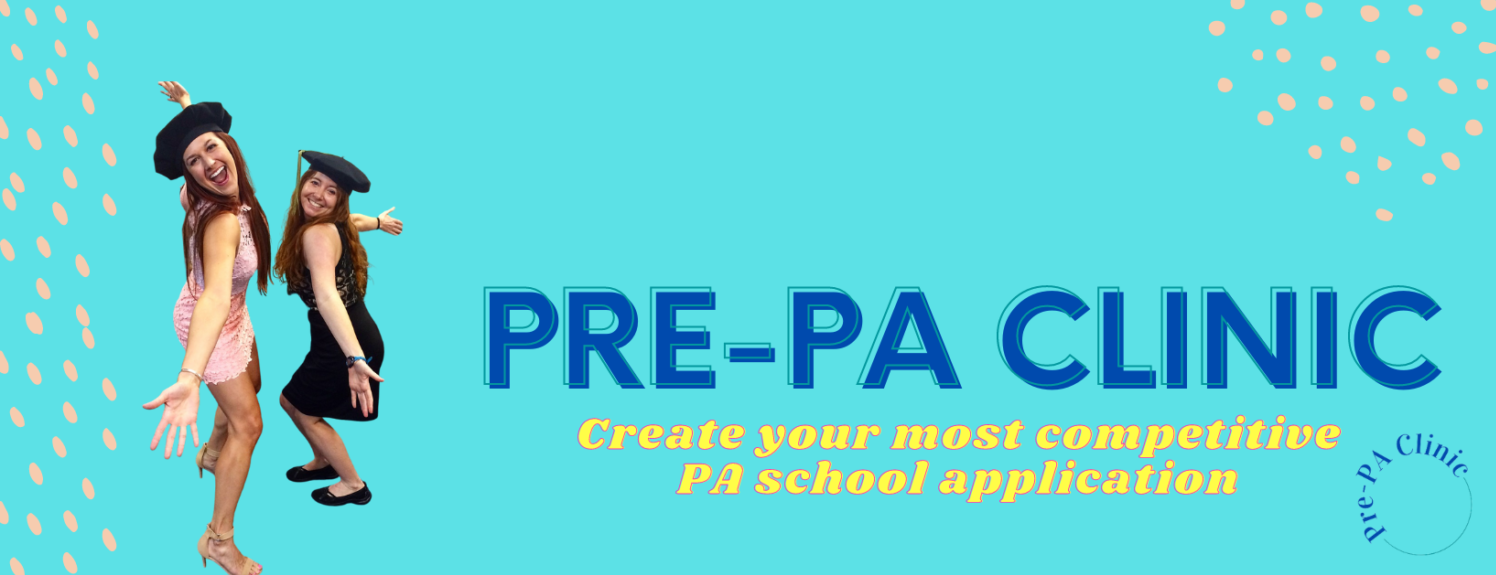
You can memorize every medical ethics term. You can recite your resume backward. You can crush your GPA, your GRE, your shadowing hours, and your CASPA like a pre-PA superhero.
But if you walk into your PA school interview and come across like a human robot with the emotional range of a parking meter? 🚨 Trouble ahead.
Spoiler: PA schools aren’t just looking for brains. They’re looking for future clinicians with heart, empathy, self-awareness—the stuff that can’t be measured in a transcript.
Enter: emotional intelligence (a.k.a. your low-key superpower). Let’s talk about why it matters big time in interviews and how to develop it while you prep.
What Is Emotional Intelligence (and Why Should Pre-PAs Care?) Emotional intelligence (EQ) is the ability to recognize, understand, and manage your own emotions—and to recognize, understand, and respond to the emotions of others.
Translation: It’s what makes someone great at listening, communicating, connecting, and not panicking when a patient (or interviewer) throws something unexpected at them.
Why does EQ matter for PA school interviews?
- Because medicine is a human profession.
- Because you’ll work in teams, handle stress, and face emotional situations constantly.
- Because your interviewer wants to know if you’re someone they want on the team.
Signs You Might Need to Work on EQ Before Your Interview Let’s be real: we all have blind spots. But if you:
- Go blank when asked, “Tell me about a time you failed”
- Default to perfection-talk or buzzword soup
- Get defensive with feedback
- Or panic when interviews go off-script
…it might be time to flex your emotional intelligence muscle.
4 Ways to Build Emotional Intelligence (Pre-PA Edition)
1. Practice self-awareness in real life
Start noticing how you react in everyday stress. Late to class? Mess up a shift? Forget to chart something? What do you say to yourself? What do you do next? That awareness is gold for answering questions like, “Describe a time you made a mistake.”
2. Ask for (real) feedback
Get a friend, a mentor, or a mock interviewer to tell you what your face, body language, or tone says. Does your “I’m interested” face look like you’re planning your grocery list? Fix it now, not mid-interview.
3. Reflect on your patient care experiences
Don’t just log your hours. Journal about what happened. What did you feel? How did the patient react? Did you learn something about how people cope, trust, or communicate? That’s interview GOLD.
4. Practice the pause
Interviewers love it when you take a beat to think. It shows maturity and confidence. EQ isn’t about speed—it’s about thoughtfulness. Use silence like a pro.
In Your Interview, EQ Looks Like This:
- You share stories that show vulnerability, growth, and reflection
- You speak like a human, not a script
- You read the room and shift your tone naturally
- You answer tough questions with honesty, not defensiveness
Final Thoughts: Your EQ Might Just Be Your Edge
PA programs expect academic excellence. But when everyone has solid stats? Emotional intelligence becomes a secret weapon.
You can’t fake authenticity. But you can build it. So while you’re prepping your stats and rehearsing your answers, don’t forget to tune into the most underrated part of your application: your humanity.
Because future PAs don’t just treat patients. They connect with them. And that starts with you.
Want more interview prep tips with a side of real talk? Check out our mock interviews inside Pre-PA Clinic!

